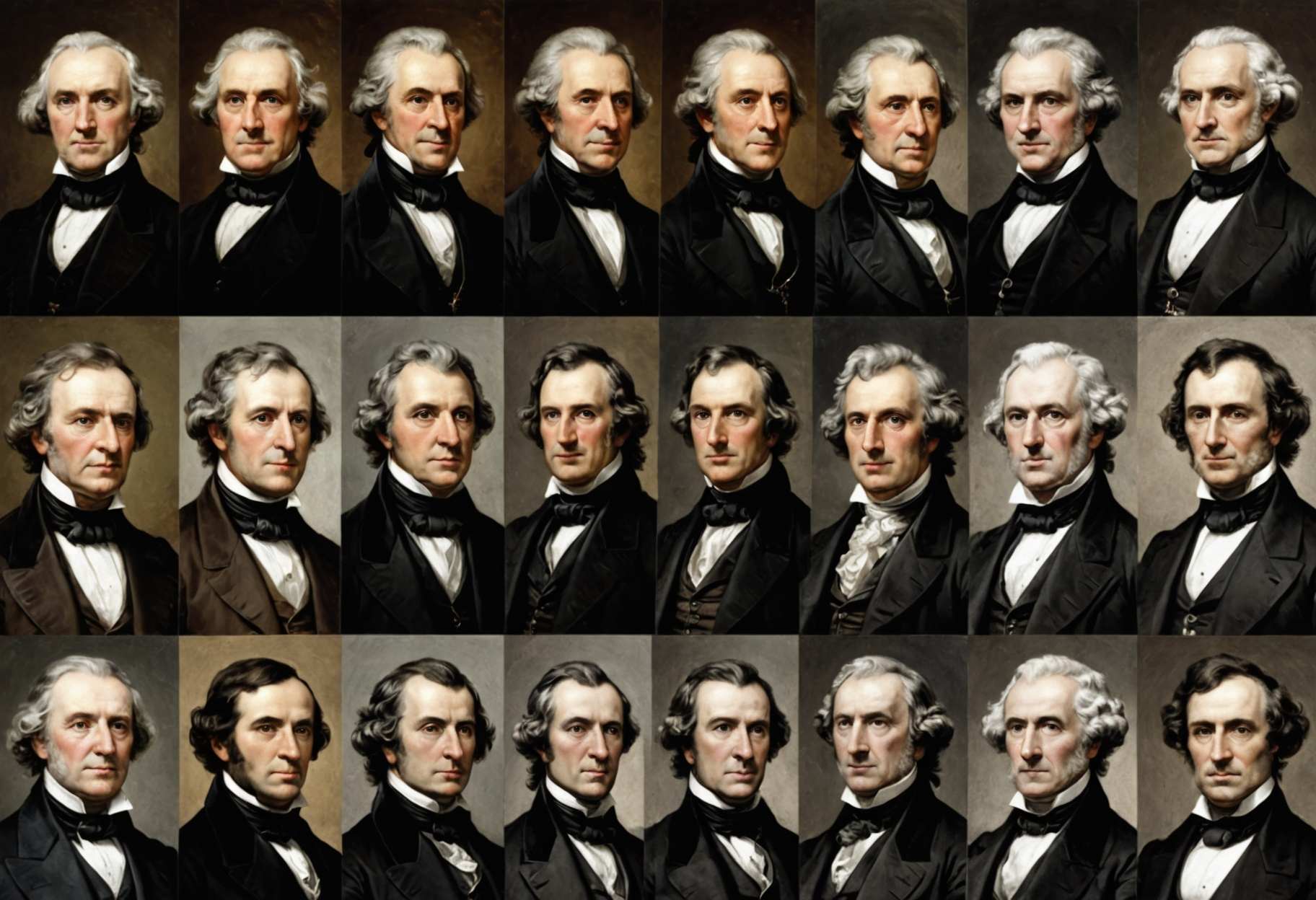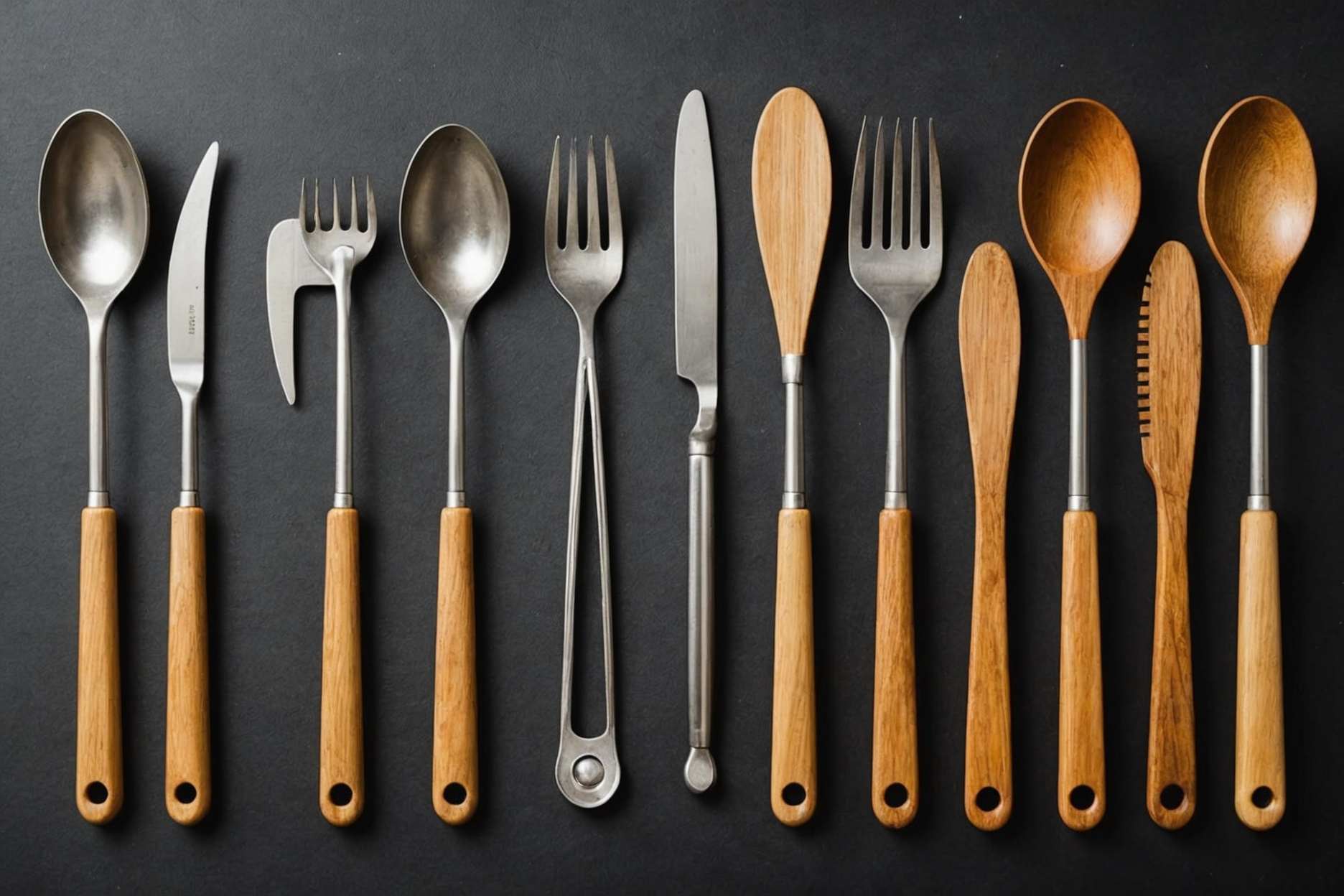The Best Traditional Music Arrangers in History

Old style music flaunts a rich and lively history, including various writers whose huge commitments have molded the class. These craftsmen have impacted the direction of music through their innovativeness, advancement, and compositional aptitude. Their works stay dazzling, constantly motivating artists and authors the same. This page features the extraordinary traditional music writers ever, whose immortal manifestations lastingly affect the music world.
Johann Sebastian Bach (1685-1750):
Bach is generally recognized as one of the best writers ever. His sytheses, which envelop different kinds, including sacrosanct and common pieces, show his remarkable specialized ability, complex contradiction, and profound musicality. Magnum opuses like the Brandenburg Concertos and the All around Tempered Harpsichord continue summoning esteem.
Wolfgang Amadeus Mozart (1756-1791):
A youngster wonder, Mozart formed more than 600 works in his concise life, going from ensembles and shows to concertos and orchestral compositions. His unrivaled ability for tune, development, and close to home profundity has solidified his status as a notorious figure in old style music. Works, for example, Orchestra No. 40 in G minor and the show The Marriage of Figaro stay valued staples of the collection.
Ludwig van Beethoven (1770-1827):
Beethoven's music implies a critical change from the old style to the heartfelt time. His orchestras, particularly the fantastic Ensemble No. 9, represent his earth shattering way to deal with arrangement, testing regular structures and articulations. His works are praised for their close to home power, power, and significant melodic articulations.
Franz Schubert (1797-1828):
Schubert's organizations interface traditional and heartfelt styles. He was a productive writer, especially eminent for his lieder (craftsmanship melodies), orchestras, and orchestral compositions. Schubert's tunes are set apart by excellence, lyricism, and reflection, clear in pieces like the \Trout\ Quintet and the \Incomplete\ Ensemble.
Pyotr Ilyich Tchaikovsky (1840-1893):
Tchaikovsky's sytheses are regarded for their profound profundity, rich organization, and vital songs. His ballet performances \x1 Swan Lake, The Nutcracker, and Dozing Excellence \x1 are among the most adored and habitually performed pieces in the traditional collection.
Johann Strauss II (1825-1899):
Known as the \Three step dance Lord,\ Strauss advocated the three step dance and created a variety of symphonic and dance music. His renowned dances, for example, \The Blue Danube\ and \Stories from the Vienna Woods,\ keep on enchanting crowds with their class, appeal, and drawing in rhythms.
Claude Debussy (1862-1918):
Debussy is perceived as a trailblazer of impressionist music, recognized by his inventive harmonies, variety and surface use, and reminiscent organizations. Works like \Clair de Lune\ and \Introduction to the Evening of a Faun\ transport audience members into illusory and air domains.
Johann Strauss I (1804-1849):
The dad of Johann Strauss II, Strauss I is commended as a conspicuous writer and guide known for his vivacious polkas, galops, and dances. His pieces, including the \Radetzky Walk,\ keep on passing bliss and fervor on to crowds universally.
Frederic Chopin (1810-1849):
Chopin's piano arrangements are commended for their specialized virtuosity and profound profundity. His nocturnes, prefaces, and songs are loved for their beautiful excellence and contemplative quality. Chopin's music mirrors a one of a kind mix of Clean society impacts and Heartfelt articulation.
George Frideric Handel (1685-1759):
Handel's works, especially his oratorios, lastingly affect old style music. His magnum opus \Savior\ is prestigious for its glory, power, and profound profundity. Handel's pieces embody his choral composing authority and capacity to convey profound feelings.
These ten writers address simply a small part of the momentous ability that has molded old style music since the beginning of time. Their arrangements have persevered, spellbinding crowds with their magnificence, multifaceted nature, and close to home reverberation. From Bach's mind boggling fugues to Mozart's great songs, Beethoven's progressive orchestras to Tchaikovsky's reminiscent ballet performances, these writers have laid out a significant heritage that proceeds to rouse and move us, featuring music's getting through ability to rise above time and contact the profundities of the human soul.
Johann Sebastian Bach (1685-1750):
Bach is generally recognized as one of the best writers ever. His sytheses, which envelop different kinds, including sacrosanct and common pieces, show his remarkable specialized ability, complex contradiction, and profound musicality. Magnum opuses like the Brandenburg Concertos and the All around Tempered Harpsichord continue summoning esteem.
Wolfgang Amadeus Mozart (1756-1791):
A youngster wonder, Mozart formed more than 600 works in his concise life, going from ensembles and shows to concertos and orchestral compositions. His unrivaled ability for tune, development, and close to home profundity has solidified his status as a notorious figure in old style music. Works, for example, Orchestra No. 40 in G minor and the show The Marriage of Figaro stay valued staples of the collection.
Ludwig van Beethoven (1770-1827):
Beethoven's music implies a critical change from the old style to the heartfelt time. His orchestras, particularly the fantastic Ensemble No. 9, represent his earth shattering way to deal with arrangement, testing regular structures and articulations. His works are praised for their close to home power, power, and significant melodic articulations.
Franz Schubert (1797-1828):
Schubert's organizations interface traditional and heartfelt styles. He was a productive writer, especially eminent for his lieder (craftsmanship melodies), orchestras, and orchestral compositions. Schubert's tunes are set apart by excellence, lyricism, and reflection, clear in pieces like the \Trout\ Quintet and the \Incomplete\ Ensemble.
Pyotr Ilyich Tchaikovsky (1840-1893):
Tchaikovsky's sytheses are regarded for their profound profundity, rich organization, and vital songs. His ballet performances \x1 Swan Lake, The Nutcracker, and Dozing Excellence \x1 are among the most adored and habitually performed pieces in the traditional collection.
Johann Strauss II (1825-1899):
Known as the \Three step dance Lord,\ Strauss advocated the three step dance and created a variety of symphonic and dance music. His renowned dances, for example, \The Blue Danube\ and \Stories from the Vienna Woods,\ keep on enchanting crowds with their class, appeal, and drawing in rhythms.
Claude Debussy (1862-1918):
Debussy is perceived as a trailblazer of impressionist music, recognized by his inventive harmonies, variety and surface use, and reminiscent organizations. Works like \Clair de Lune\ and \Introduction to the Evening of a Faun\ transport audience members into illusory and air domains.
Johann Strauss I (1804-1849):
The dad of Johann Strauss II, Strauss I is commended as a conspicuous writer and guide known for his vivacious polkas, galops, and dances. His pieces, including the \Radetzky Walk,\ keep on passing bliss and fervor on to crowds universally.
Frederic Chopin (1810-1849):
Chopin's piano arrangements are commended for their specialized virtuosity and profound profundity. His nocturnes, prefaces, and songs are loved for their beautiful excellence and contemplative quality. Chopin's music mirrors a one of a kind mix of Clean society impacts and Heartfelt articulation.
George Frideric Handel (1685-1759):
Handel's works, especially his oratorios, lastingly affect old style music. His magnum opus \Savior\ is prestigious for its glory, power, and profound profundity. Handel's pieces embody his choral composing authority and capacity to convey profound feelings.
These ten writers address simply a small part of the momentous ability that has molded old style music since the beginning of time. Their arrangements have persevered, spellbinding crowds with their magnificence, multifaceted nature, and close to home reverberation. From Bach's mind boggling fugues to Mozart's great songs, Beethoven's progressive orchestras to Tchaikovsky's reminiscent ballet performances, these writers have laid out a significant heritage that proceeds to rouse and move us, featuring music's getting through ability to rise above time and contact the profundities of the human soul.
LATEST POSTS
- 1
 How Seniors Can Use Refunds and Motivators to Purchase a Hyundai Ioniq EV
How Seniors Can Use Refunds and Motivators to Purchase a Hyundai Ioniq EV - 2
 Select Your Go-To Bluetooth Earphones
Select Your Go-To Bluetooth Earphones - 3
 Innovative Versatility: Examples of overcoming adversity from Entrepreneurs
Innovative Versatility: Examples of overcoming adversity from Entrepreneurs - 4
 The capacity to understand people on a profound level: Exploring Life's Intricacies
The capacity to understand people on a profound level: Exploring Life's Intricacies - 5
 5 Morning Schedules That Empower Your Day
5 Morning Schedules That Empower Your Day
Share this article
 10 Demonstrated Tips to Expand Your New Android Cell phone: A Thorough Aide
10 Demonstrated Tips to Expand Your New Android Cell phone: A Thorough Aide Party Urban areas of the World
Party Urban areas of the World Vote In favor of Your Favored Menial helper Administration
Vote In favor of Your Favored Menial helper Administration Becoming amazing at Systems administration: Individual and Expert Tips
Becoming amazing at Systems administration: Individual and Expert Tips The Most Rousing Ladies Business visionaries of Today
The Most Rousing Ladies Business visionaries of Today Sports Shoes of 2024: Upgrade Execution and Solace
Sports Shoes of 2024: Upgrade Execution and Solace Step by step instructions to Lessen Your Gamble of Creating Cellular breakdown in the lungs
Step by step instructions to Lessen Your Gamble of Creating Cellular breakdown in the lungs Remote Headphones: Improve Your Sound Insight
Remote Headphones: Improve Your Sound Insight 5 Food varieties to Remember for Your Eating regimen for Ideal Wellbeing
5 Food varieties to Remember for Your Eating regimen for Ideal Wellbeing













